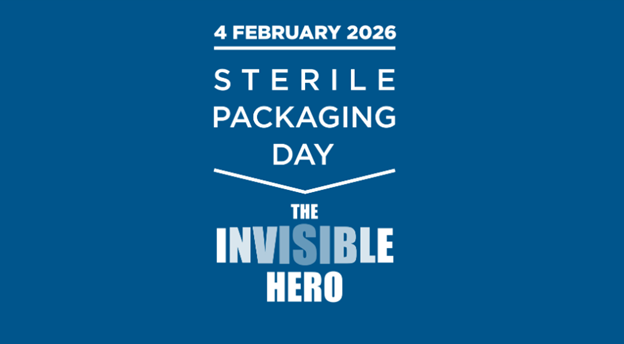Recently the term “sustainability” has become more than just a buzzword—it’s a mandate. With mounting consumer expectations and evolving regulatory obligations, the pressure is on organizations to translate words into meaningful actions.
Amidst this urgency, businesses are actively seeking ways to demonstrate genuine dedication to sustainability. Recognized certification schemes have become powerful tools, offering a tangible way to add credibility to an environmental and social responsibility strategy.
One such certification that has emerged in recent years is ISCC+, but what exactly does it mean to be ISCC+ certified?
ISCC offers multiple certification systems, and ISCC+ is of particular interest for plastic packaging as it enables the use of sustainable raw materials derived from both renewable and advanced recycled sources, through the mass balance approach.
What does mass balance mean?
In short, if we know what goes in then we know what comes out. Sustainable feedstocks are mixed with fossil-based feedstocks and are tracked throughout the production process. Whilst it’s not possible to separate sustainably sourced from fossil sourced, or indeed guarantee the end product is made entirely from these sustainable materials, the overall environmental impact is accounted for within the production system.
A critical element of ISCC+ is that it operates a chain of custody model. Every operational entity within the supply chain must be certified to ensure this full traceability and that the mass balance philosophy is not misrepresented.
Benefits of ISCC+
To reach ambitious net zero targets, we need to increase circularity. Replacing fossil fuel based raw materials with a mixture of bio-sourced materials or incorporating more recycled content from waste are both useful ways of reducing carbon emissions.
If you are using or considering incorporating sustainably sourced materials into packaging materials, certification can help your organization by:
- Ensuring the latest sustainable practices are implemented and followed
- Confirming realistic and verifiable claims are made
- Fostering trust and transparency throughout the supply chain
- Enhancing credibility with consumers, investors, and regulators
- Facilitating global trade and collaboration
In conclusion, ISCC+ certification represents a significant milestone for companies seeking to integrate sustainability into their operations and products. By obtaining ISCC+ certification, businesses demonstrate their dedication to environmental stewardship, social responsibility, and ethical business practices. Additionally, certification serves as an incentive to drive innovation, collaboration, and positive change for a more sustainable future.




